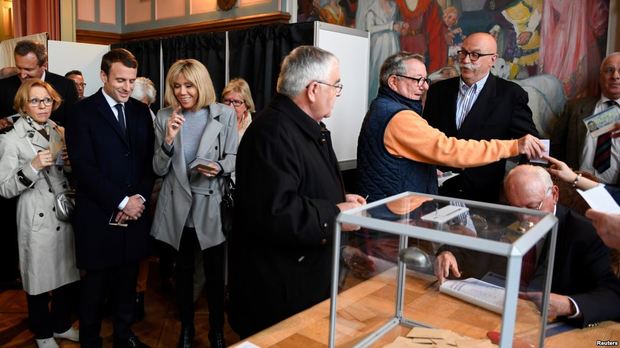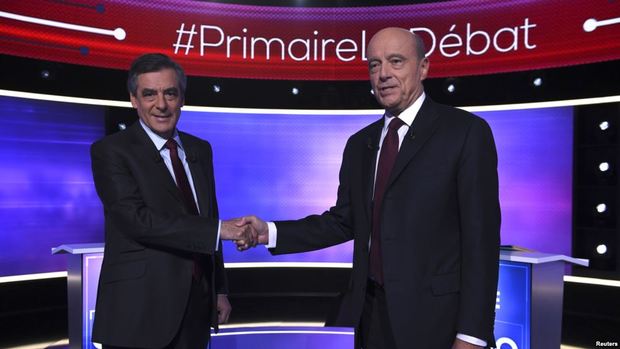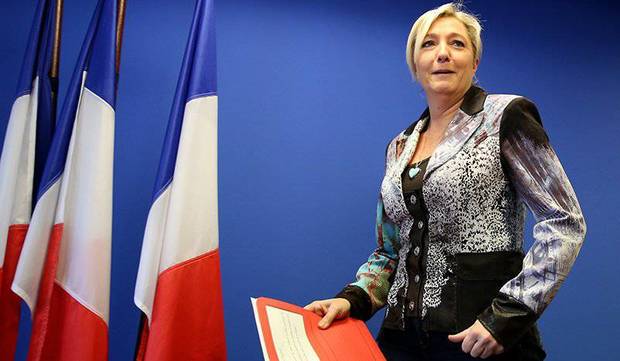''Macron’s strong point is economics, Le Pen’s programme — expulsion of illegal immigrants, exit from EU''
The author's column of the Kazan journalist living in France about a choice between Marine Le Pen and Emmanuel Macron
How active are the French at the presidential election? How do people perceive candidacies of Marine Le Pen and Emmanuel Macron in the country? Is a tension in the society increasing due to accumulated problems? Galina Kirillovich, a Kazan journalist residing in France, answered to these questions to Realnoe Vremya.
''High voter turnout was visible to the naked eye''
On 7 May, France goes to polling stations to finally decide who will move to the Élysée Palace for the next five years. In the meantime, the undisputed winners of the first round seem to be sociologists. A month before the vote, they masterfully predicted a getting into the finals of the presidential race of the former Economy Minister in the government of the Socialists and the founder of the movement En marche Emmanuel Macron and of the National Front's leader Marine Le Pen. Besides, it is the rare case when surveys' figures almost coincide with real ones.
According to the data published by the French interior ministry, 23,8% of the French voted for Macron, 21,4% — for Le Pen. The same figures were given by the exit polls, after which it became clear that Republican François Fillon, far-left Jean-Luc Mélenchon and socialist Benoît Hamon dropped out of the race. Hamon eventually got 6,3% — a shameful failure for the oldest political party of France.
The fact that the turnout was high was visible to the naked eye. Our polling station was crowded by midday. Judging by TV reports from different parts of the country, the same situation was almost everywhere. Voters of all ages came to express their will. I haven't seen special studies on this subject. But, in my subjective opinion, young French people are interested in politics no less than of the older generation, they have their own point of view and do not skip the elections. In the end, the turnout was 76,2% — it is a good indicator, but not much different from the figures of 2012.

''Representatives of the two major parties have not been among main contenders for the first time in many years''
It is no doubt that the interest in the election has been influenced by the fact that it was, so to speak, unconventional. For the first time in many years representatives of the two major parties — Republicans and Socialists – have not been among main contenders for the victory. What is it — a coincidence or a major change in public consciousness? Most likely, both.
The results of the primaries can be attributed to a coincidence. In fact, the primaries were not intra-party but open. That is, any French adult had an opportunity to express their opinion. As a result, the Republicans got François Fillon, whose rating, according to the polls, was lower than of Mayor of Bordeaux Alain Juppé and even more sank after a series of scandalous articles in the press, while the Socialists got even more hopeless Benoît Hamon.
If moderate right-wing party nominated Juppé, and the Socialists — Manuel Valls, the situation could be different. So, some of my friends who voted for Macron say that they would prefer Juppé. In any case, this situation is a reason to reflect on modalities of the primaries.

On the other hand, changes are definitely overdue. People's anger is growing due to a large number of unsolved problems. The lack of economic growth, relatively high unemployment, a large influx of Muslim immigrants, some of which profess radical Islam. However, each of the leaders of the race offers each their own recipes against these diseases. The strong point of Macron is undoubtedly economics, and his intention to reduce the tax burden should please small and medium businesses. Now, many small businesses suffer losses and are being closed. The programme of Marine Le Pen is long known: expulsion of illegal immigrants, closure of a number of mosques, abandoning the euro, a referendum on withdrawal from the EU.
''Judging by the polls, Emmanuel Macron will be the president. However, sociologists are not gods''
So, who will be president? Judging by the polls, it will be Emmanuel Macron. However, sociologists are not gods. Of course, the fact that the French are not embarrassed to talk about their political sympathies help them. My own mini survey among friends and relatives also speaks in favour of Macron. But 36,5% of inhabitants of our village in Normandy voted for Marine Le Pen.
However, here we should remember that the first round in France is protest one, and in the second round people really choose a president and are guided by logic. But given the fundamentally new political situation, one can't be sure until the end. Moreover, it is unclear whom the voters of Mélenchon (19,6%) will prefer. Unlike Fillon and Hamon, who called to vote for Emmanuel Macron, he didn't give his supporters any recommendations.

As for the relations with Russia, this topic does not have a special value for the French voter. If the French choose Macron, it is not because he is lukewarm to Moscow, and if they prefer Le Pen, it is not because they consider her to be a Russophil. By the way, during the debate she carefully avoided this subject.